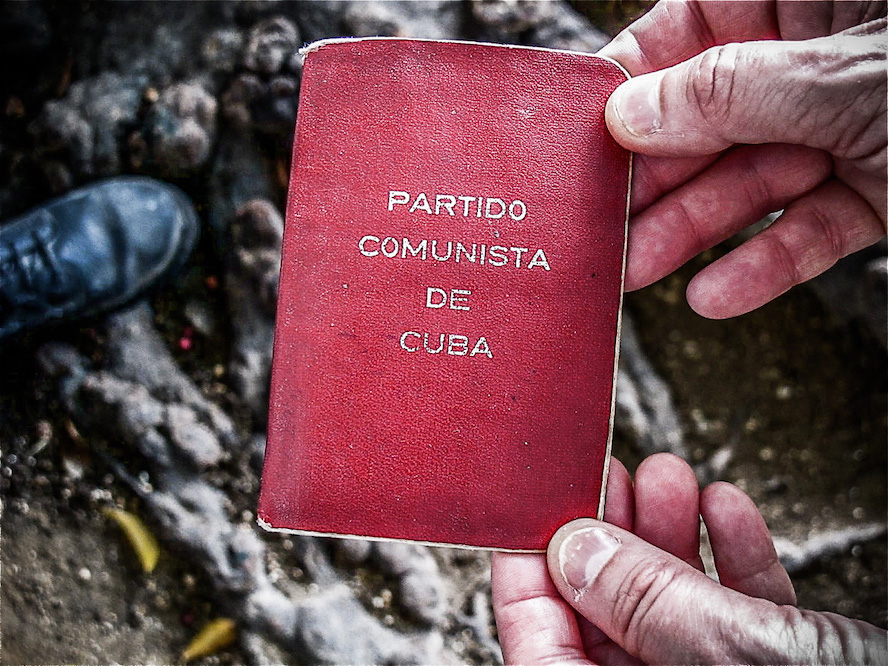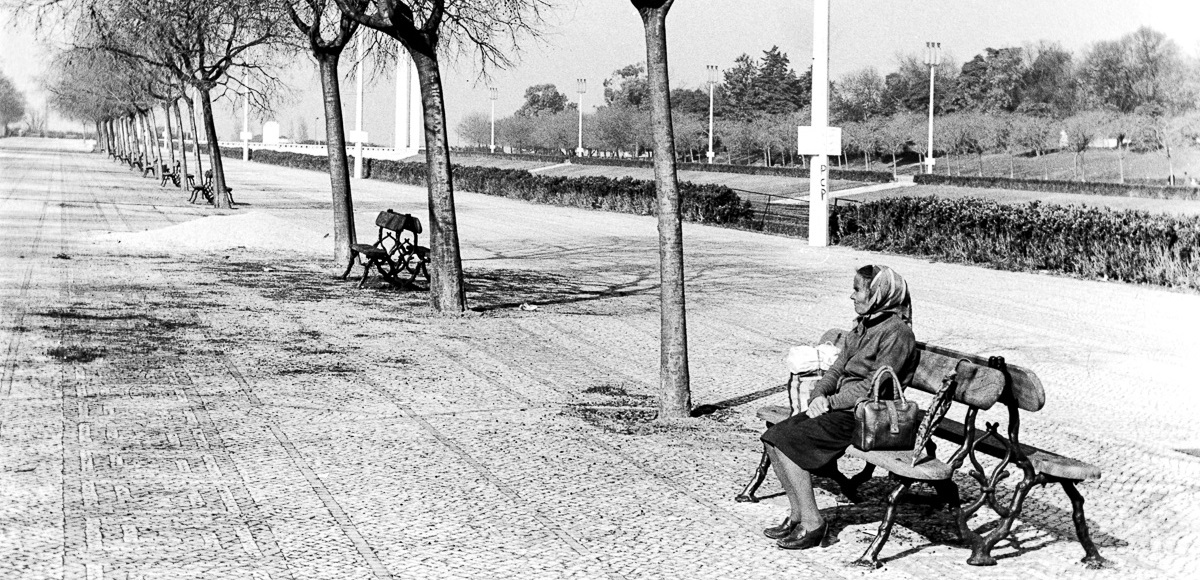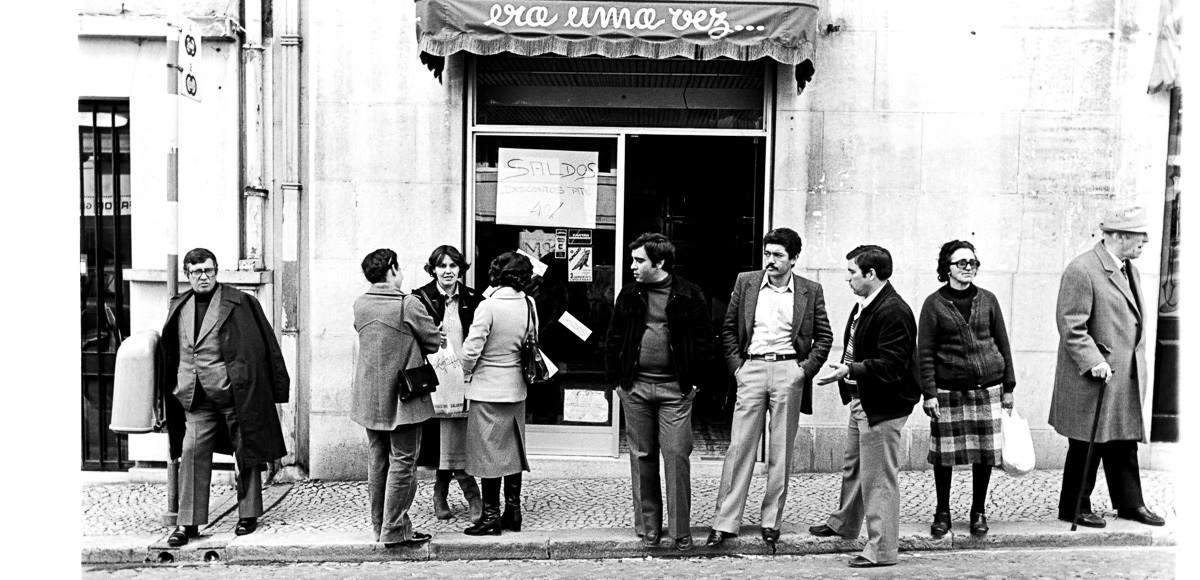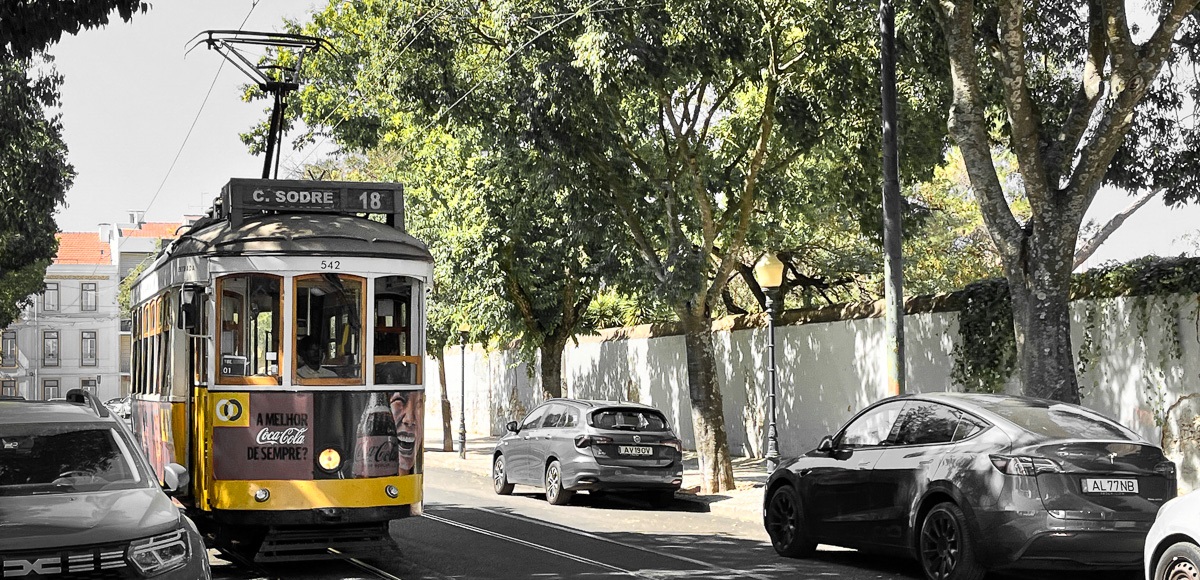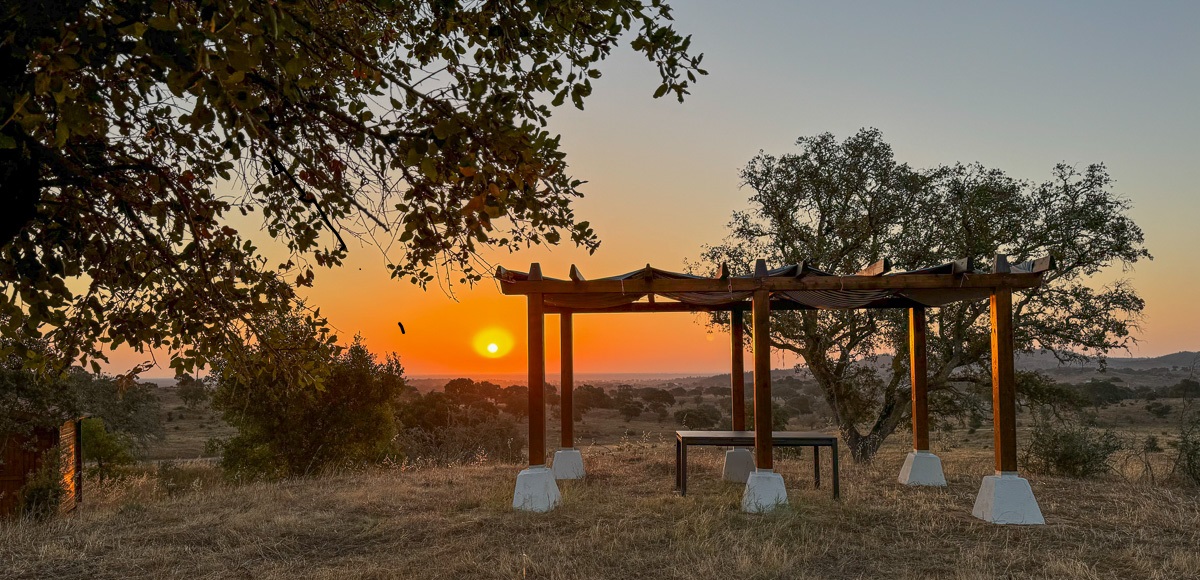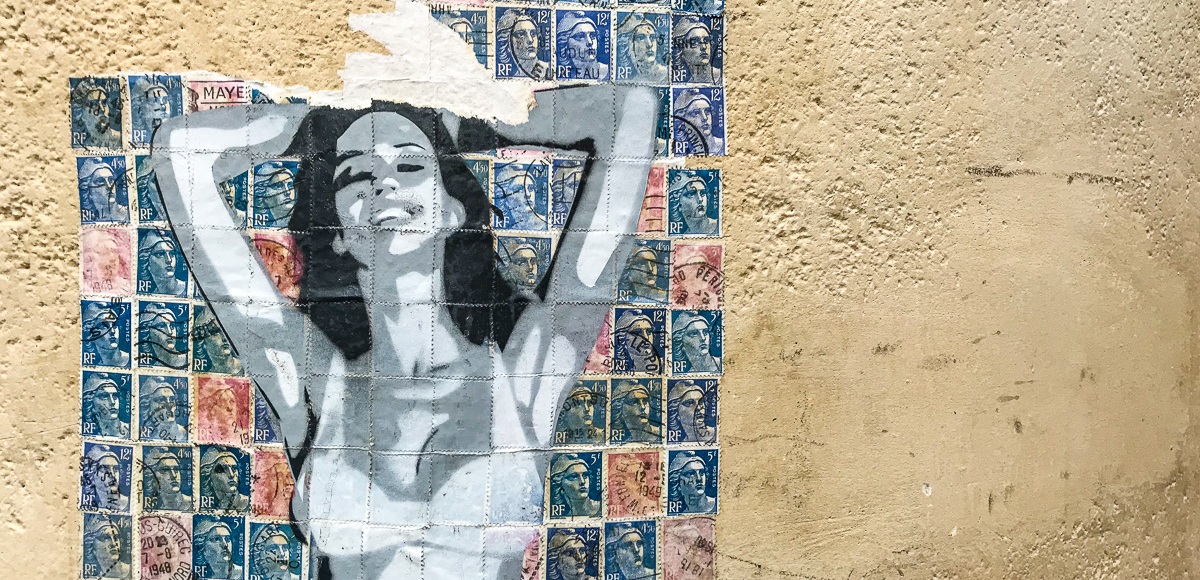One day we rented a car to go to Varadero, a resort on the north coast which boasted the best beach in Cuba and, some say, the Caribbean. It was near the town of Matanzas some two hours from Havana. Before the revolution the beach had been exclusively for the rich and white. After the revolution that racism had been abolished, and it was opened to the public. Now the entire length of the peninsula on which the beach was situated, some twelve miles in all, is a tourist resort where you can pay for things in US dollars only and where, if you do not look as though you are a tourist, you must produce your passport. When we arrived there, Charles, who, although a tourist, was black, could not buy anything because he did not have his passport with him. Everybody on the beach was rich and white.
We had a great drive there – Heriberto and Charles in the back, Tani and I in the front – all singing to my tape recorder. At one time, as we were crossing a bridge, five or six youths came rushing towards us firing assault rifles. In a flash they were past us, disappearing down the bank still firing. They were the youth brigade on their military day, Heriberto said.
We drove along the coast which was barren and dry, then came to a hill over which was Matanzas. Some generations ago a part of my family had been Cuban. In the short autobiography of my great-grandfather, I had discovered that they had come from Matanzas and that my great-grandfather’s mother, my great-great grandmother, had, on her premature deathbed, asked for her hair to be cut off and placed on the statue of the Madonna or Carmen, under which she had prayed most day of her life. Now, with the help of Tani and Heriberto, I hoped to find the statue which I thought might be in the cathedral. Matanzas was an old port town on an estuary. The streets were hot, long and narrow, and the buildings of a classic Spanish neo-colonial style, grey and shuttered on the outside, but with cool, fountain-blessed courtyards on the inside. The cathedral was a baroque monolith in a bad state of repair. Inside it was cool and cavernous. On the walls were vague reminisces of paintings, and high up in the dark domes, beleaguered Christs and fleshy angels. There were only one or two statues in it, however, none of which was the Madonna of Carmen. We did locate the statue, though. It was in a chapel in what was once a nunnery. Here for the first time in Cuba I encountered the potent sent of religion. The place was neat and preserved, like a museum, and filled with iconicry.
The warden of the chapel was at first a little wary of us because Tani, in his sunglasses and flowery shirt, did not look very religious, but once he learned who we were and why we had come, he blossomed into charm. He showed us the statue we were seeking, and the hair was still there, the long, laxen tresses of it still beautiful and auburn, and later a mass was said and we were introduced to the congregation, some of whom said they could remember the family of the Acostas who had died out many years ago.
Before we left a member of the congregation took us to a house next door to meet his family. There we found living in three rooms a man some seventy years old, his daughter, her daughter who had an infant son who, it seemed quite reasonable to suppose, could well become a father before the old man, who looked a healthy seventy, died, meaning there would be six generations under one roof. As it was, there were five.
We spent the rest of the day swimming at Varadero in a sea that was a transparent, turquoise blue it is supposed to be in the Caribbean. We sunbathed on sand that was as fine and powdery as the advertisements tell you it is, and we cooled down sipping cocktails under palms in the manner you are supposed to in such places. Then we left, really quite happy to be going back to our house with no coffee by our not-so-splendid beach because there, at least, we were all welcome, whatever the colour of our skins.
The time came when I wanted to make a tour of the country. Although it was illegal for him to do so, Heriberto decided he wished to come with me. Charles and Tani, we made a rendezvous with in Santiago de Cuba, the second town in Cuba, at the far eastern end of the island.
The trip was like a holiday for Heriberto. Never before had he the opportunity to travel his country with such aimlessness. He was like a schoolboy on an outing, nervous and neat and shy often, and often exuberant and wild. We took a train to Santiago and in the carriage a woman in a uniform of striped shirt, blue peaked cap and a pair of tight crinoline trousers that emphasised the large behind that is so revered in Cuba gave us a lecture: we must not move from one part of the train to another, we must only go to the restaurant car when told to do so, only one bottle of beer per person, lights out at 11.00 PM, and so on, a long list of rules that made everybody smirk like naughty school children who knew that they would then spend the rest of the journey ignoring what they had been told. In Santiago, when we arrived there, and where we failed to meet Charles and Tani, we stayed with Heriberto’s uncle who lived with his wife in a low, shack-like house in a street of low, shack-like houses.
We were lucky enough to be in Santiago the same time that a traditional music festival was taking place. In the centre of town opposite the crumbling Casa Granda Hotel, a large stage was erected where the extravaganzas were performed. On other stages in elegant palacios, Afro-Cuban shows of drumming and ritual dancing and singing took place. But for me the best performance was that of the old men who played the ballads of La Trova. On a stage in a small street off the main square, they played tom-toms and maracas, tarnished trumpets and well, worn guitars, and one old man dropped tall lengths of bamboo onto the stage making a simple, hollow rhythm. Out front, in the flare of the footlights, a famous old man in a white suit and straw Panama hat sat on a chair. He wore a look of deep composure on his face and manipulated the mass of bodies squeezed into the dark, sweaty street before him in the same manner he played his guitar, raising them to a raw nerve of dance, dropping them to reminisce, entertaining them with eloquence and casual poise. One heard the rumble of Africa in this music, the strummings of Spain, the Latin twists of flamenco and calypso amid the anguished strains of a history of slavery and bloody wars.
Then one day Heriberto disappeared. I had made a rendezvous with him at a hotel where we could swim, and he did not turn up. Later I found out that he had been arrested by the police for possessing some dollar change, a crime for Cubans. I never saw him again.
I am floating down a wide, wild river, gently bouncing off rocks in a steep, jungled valley that leads out of forested mountains somewhere remote in the east. I stand up before a gushing waterfall and feel like Original Man in the heart of an untrodden earth. Around me mute, green-matted mountain shoulders stretch away to false horizons. Then a man on a mule with a lasso and a hat tipped on his head appears and fords the river further downstream. I am no longer alone.
Again, I am alone, on a beach now, and feeling native. The beach is an untamed gash of golden sand curved gently like a shell to a distant point. It is banked high with the flotsam and jetsam of a natural world: a mound of roots and leaves and seeds, and wood carved to original art forms by the sea which cracks so ferociously upon the sand. Behind is a fetid lagoon and a dense forest of palms. On the beach I strip off and play in the surf as though new-born: Cuba has naked essence still. It has also a strong sense of authenticity, one communism has inadvertently preserved.
Peter Hudson
1988
